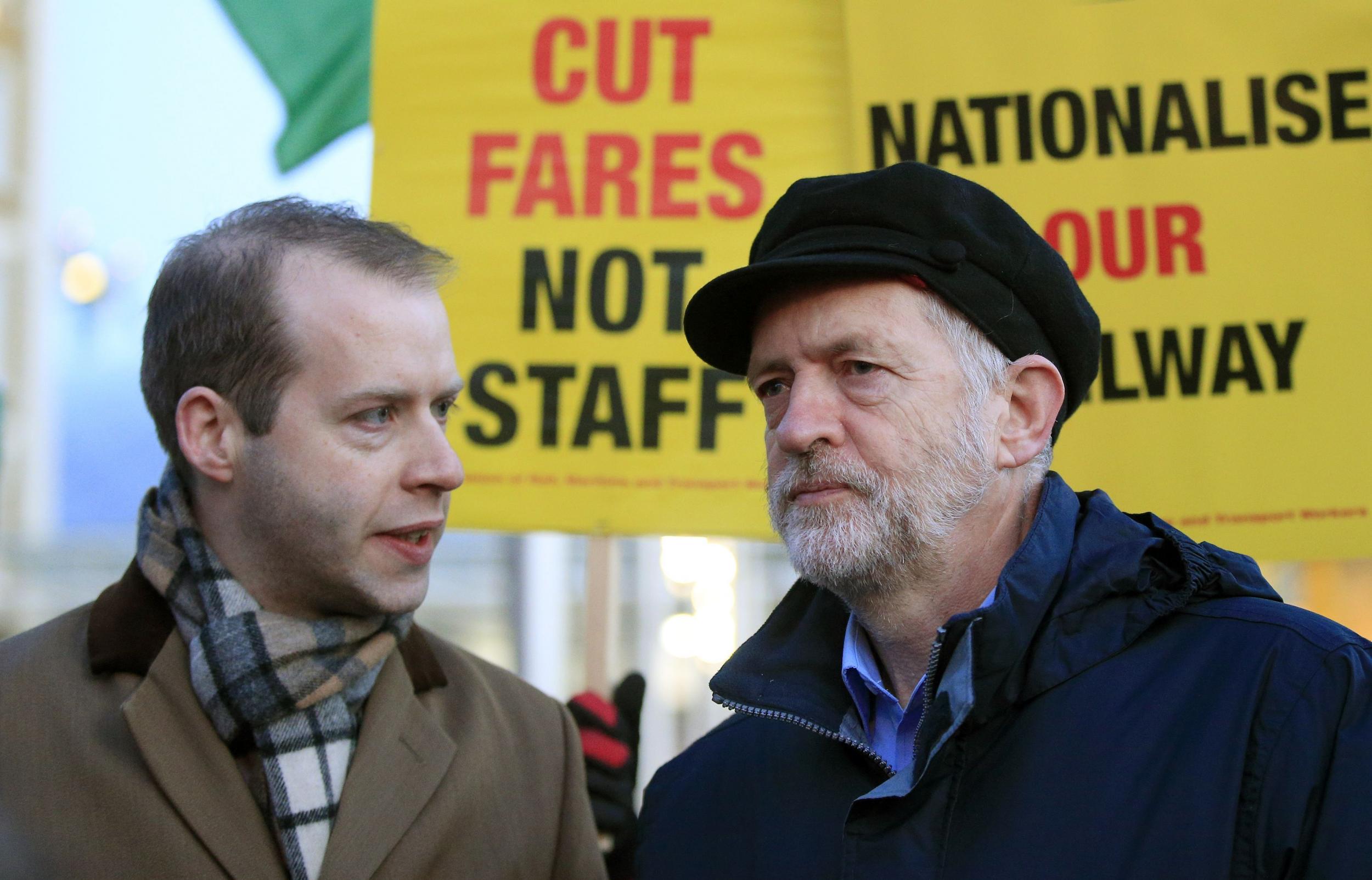Labour reshuffle: This was an opportunity for Jeremy Corbyn to make a statement of principle – he blew it
The exercise has been a shambles that does his leadership no credit

Jeremy Corbyn was in an impossible position from the day he was elected because so few Labour MPs supported his campaign or the views that won him that election. He had no choice but to allot places on his front bench to people who fundamentally disagreed with him. Making the best of a bad position, he declared the arrival of the era of “new politics”, in which leading members of the party would be free to air their views without the risk that disagreeing with the leader would earn them the sack.
The “new politics” has aged somewhat this week. Two shadow ministers, Michael Dugher and Pat McFadden, have been sacked for “active disloyalty” to their leader. One of Mr McFadden’s offences was to stand up in Parliament and argue that terrorists like those who carried out the Paris massacre are responsible for their own actions and not driven to kill by the actions of Western governments. That was seen as a coded rebuke to Mr Corbyn for his connection with the Stop the War coalition which briefly posted an article on its website saying that Paris had “reaped the whirlwind” of French military intervention in Syria.
Another member of the front bench, Maria Eagle, has lost her position as shadow Defence Secretary and been given the lesser post of shadow Culture Secretary, because she believes the ageing fleet of Trident submarines that carry nuclear missiles should be replaced. That is, at present, official Labour policy, but Mr Corbyn has a moral objection to nuclear weapons and will change party policy, if he can.
Since Mr Corbyn is Labour’s elected leader, it makes sense to try to fashion a frontbench team in his own image, so far as that is possible. If he thinks some are actively trying to undermine him, it is understandable that he would exile them to the back benches – though the irony is not lost on his critics that until this year, the most persistently disloyal Labour MP was the man who is now their leader and demanding their loyalty.
If Mr Corbyn had come back after Christmas without any forewarning of what was to happen, and had called his colleagues in for a frank discussion about working as a team, moved Maria Eagle, and sacked the pair he regarded as his irreconcilable enemies, there would have been protests, of course, but on the whole it would have been seen as a legitimate exercise in asserting his authority.
But that is not the story of the past two weeks. Journalists were told on good authority more than a week before it began that Mr Corbyn was planning changes and were given the precise date – 4 January – when the process would begin. For more than a week, no one from his office tried to correct reports that the shadow Foreign Secretary Hilary Benn was going to be sacked, or that other major players in the Shadow Cabinet might be at risk.
Either this was unforgivably incompetent, or Mr Corbyn wanted the destabilising speculation to continue. And given the small scale of the eventual changes, with two sacked shadow ministers outnumbered by three who resigned, it has not been satisfactorily explained why the unhappy process dragged out over 36 hours.
One conspiracy theory is that Mr Corbyn’s director of strategy, the Guardian journalist Seumas Milne, put the idea that Mr Benn and others were for the chop into the public domain because it was what he wanted, and he was trying to force his indecisive employer to act. Mr Milne has denied this. Whatever the truth, the responsibility is ultimately Jeremy Corbyn’s, and the exercise has been a shambles that does his leadership no credit.
Join our commenting forum
Join thought-provoking conversations, follow other Independent readers and see their replies
Comments
Bookmark popover
Removed from bookmarks